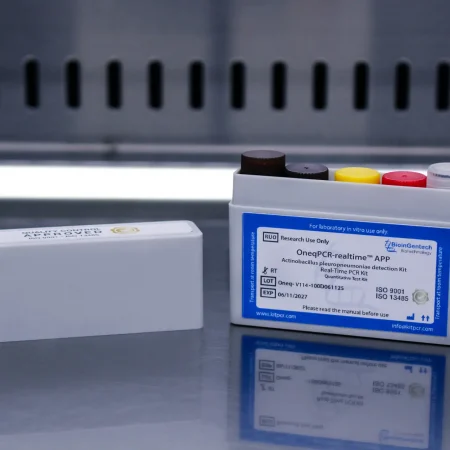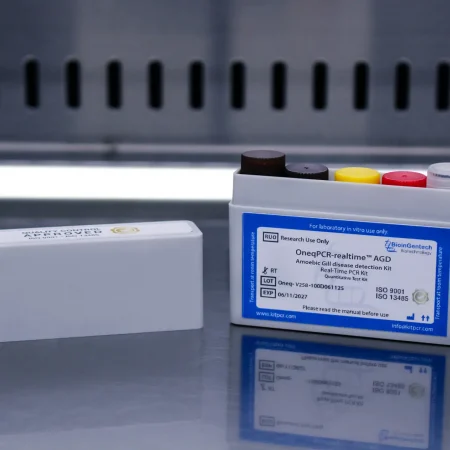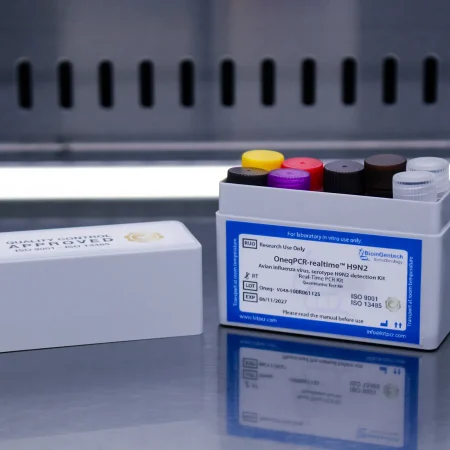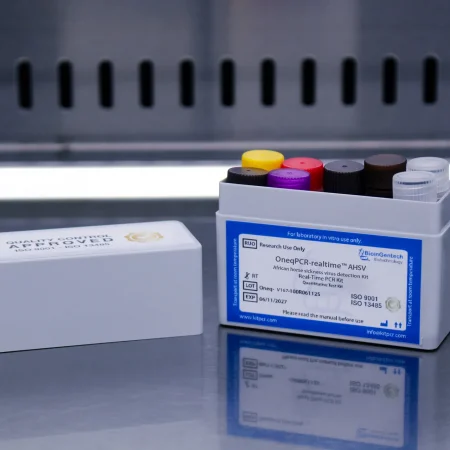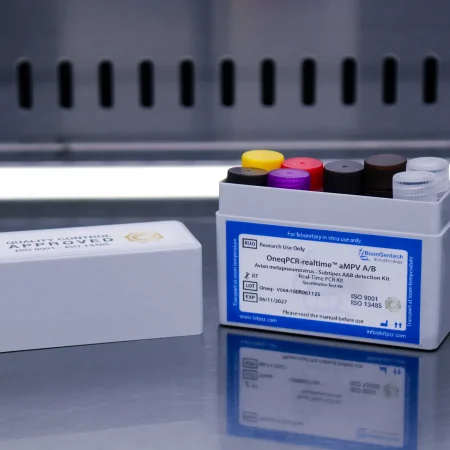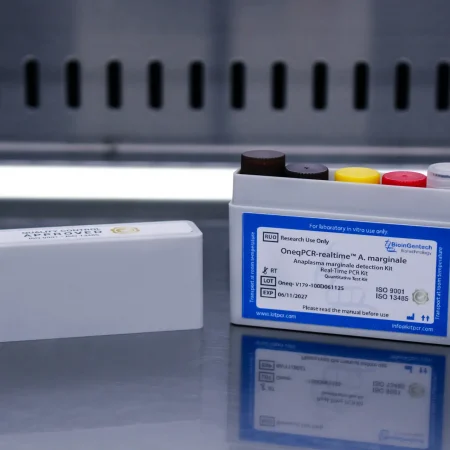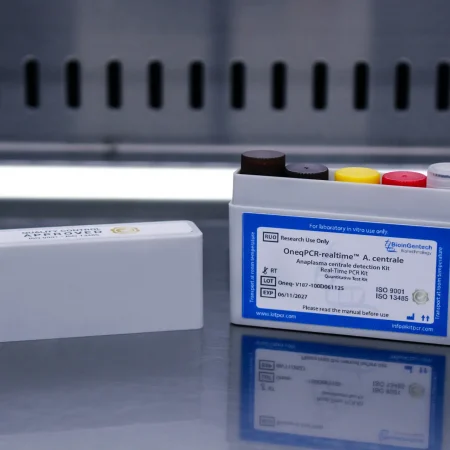
*Reference image: Pathogen 100 reactions
Swine vesicular disease virus
Type: qPCR Kit, qPCR Pathogen Detection Kit, qRT-PCR Kit
PCR kit for detecting vesicular swine flu, designed for felines. High sensitivity and specificity.
ONE STEP 50 | 100 | 150 Reactions
The QC and CoA PDFs correspond to the 100 reactions pathogen. If you require for any other reaction, please contact us.
In addition, if you need End-Point kits, please contact us as soon as possible.

